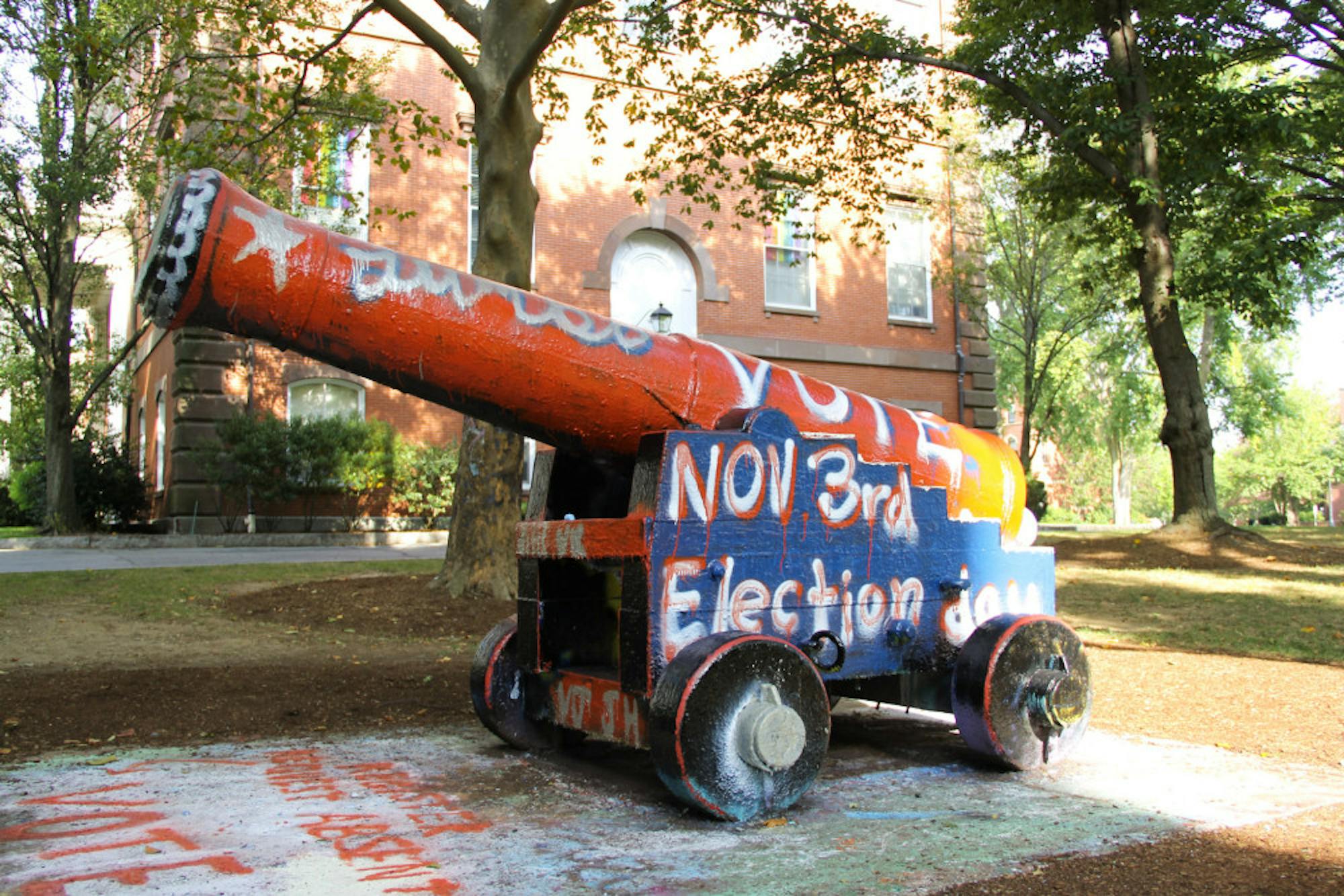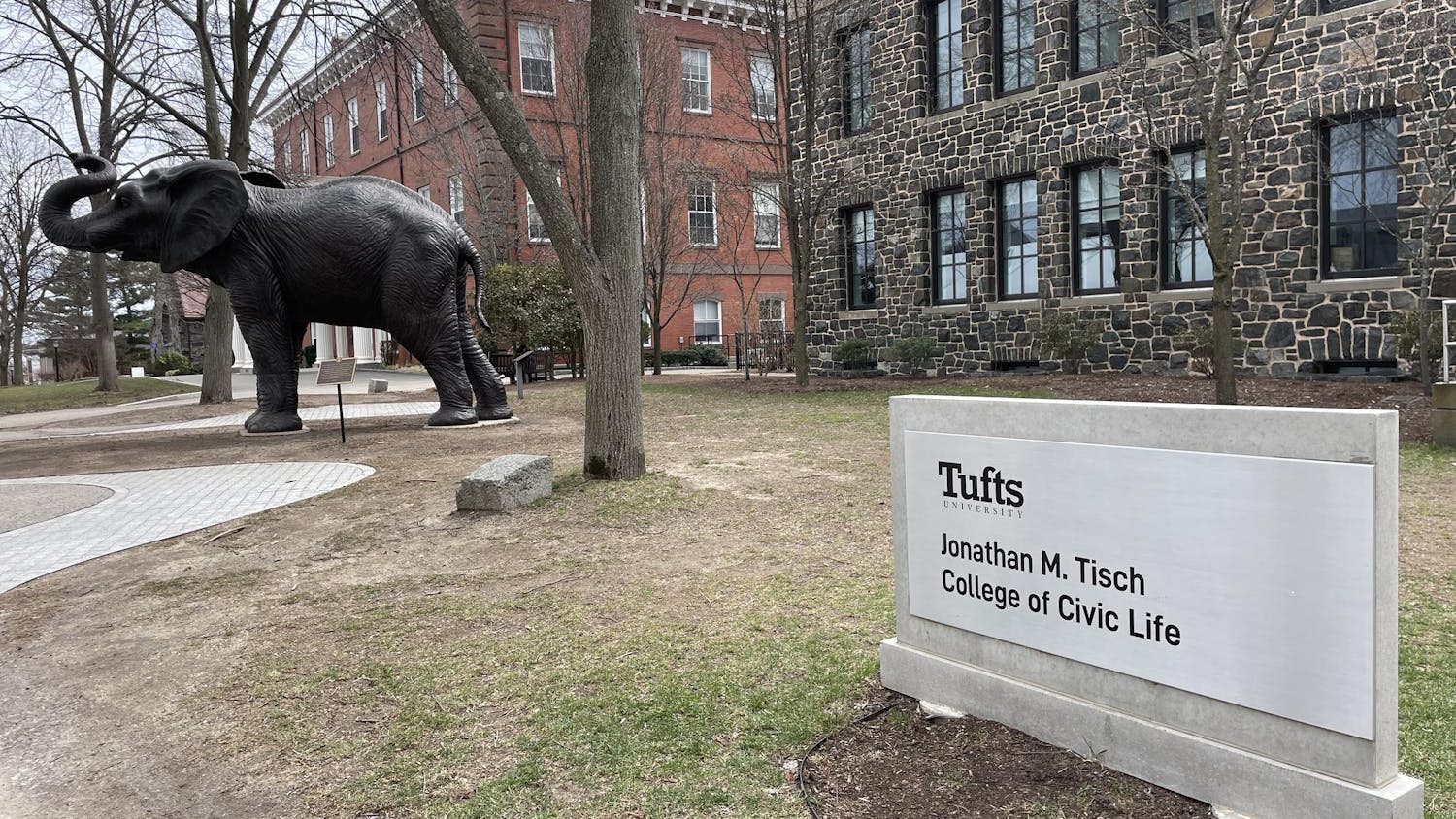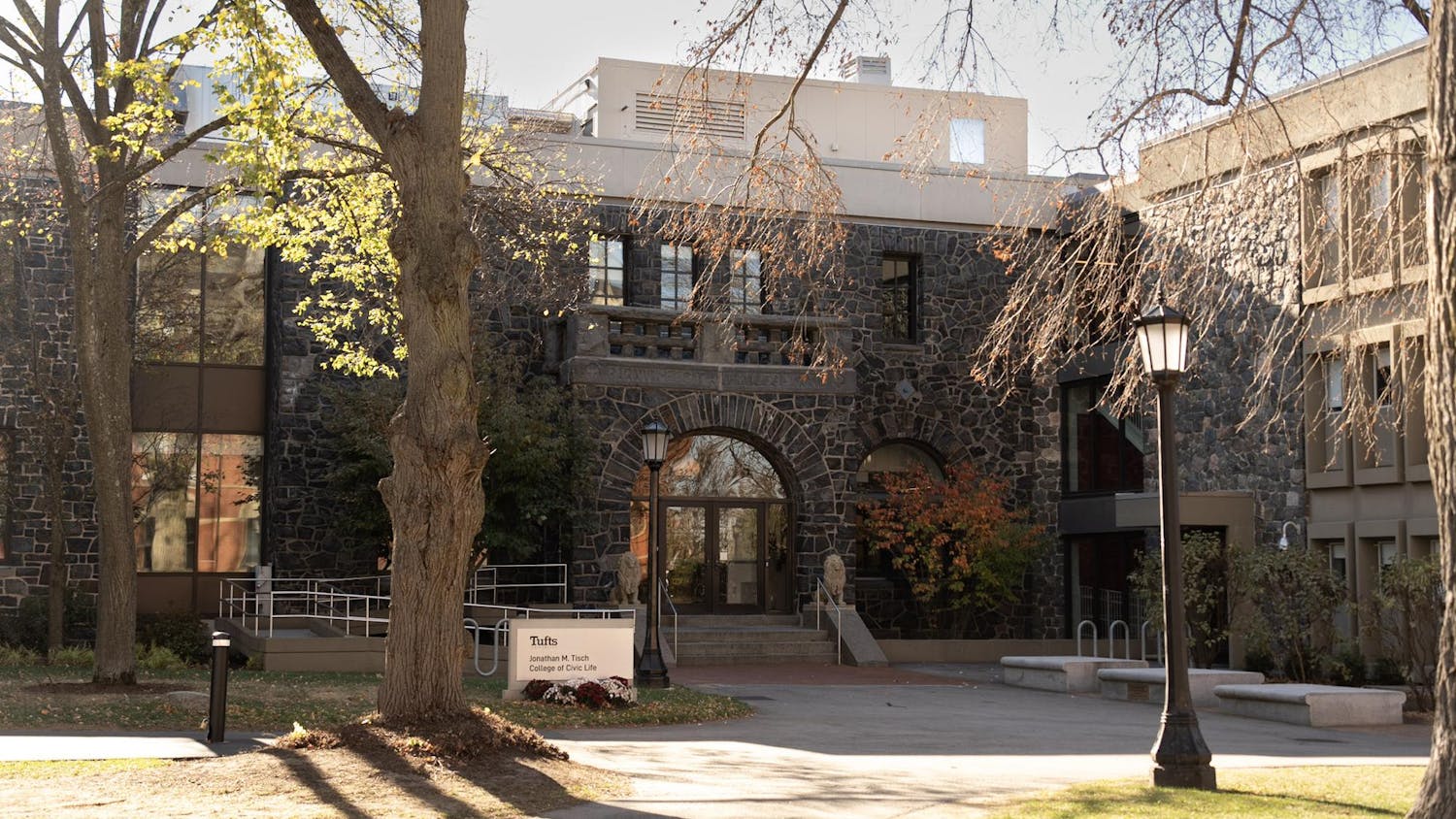A study by Tisch College’s Center for Information and Research on Civic Learning and Engagement (CIRCLE) examined how teens below the voting age engage with social media in ways that encourage political engagement and activism. The survey, conducted from September to November of 2020 and published in October of 2021, found that teens who engage in media creation about social and political issues feel politically informed and empowered to engage in political conversations.
The study was spearheaded by Abby Kiesa, deputy director of CIRCLE;Madeline McGee, a diverse democracy fellow with CIRCLE; and Sara Suzuki, a postdoctoral research fellow with CIRCLE. A total of 1,847 teens in the United States aged 14 to 17 were surveyed between September and November of 2020. They were asked about their online activity, their engagement with social and political activism online and their experiences with media literacy in and out of school.
The study found that nearly 45% of teens surveyed have engaged in at least one of three forms of media creation or sharing on the subject of social or political issues, including submitting content about politics or social issues to a website or media platform, creating a visual to raise awareness for a social or political issue or sharing an experience online to raise awareness.
Ruby Belle Booth, a research assistant at CIRCLE, discussed how teens engage with politics and activism online.
“Teens specifically get a ton of information about politics online,” Booth said. "More teens said they saw information about the 2020 election on these platforms than they heard from their family and friends or at school.”
The survey also found that 82% of teens who created media in the past month said they felt more informed about politics and 80% said that their voice was more powerful as a result.
McGee explained how media creation translates to other forms of political participation among teens.
“Online engagement does translate to offline engagement, and young people who take part in some of these conversations in online spaces are actually more likely to go on to participate in [what] some people might call 'realer' forms of civic participation,” McGee said.
Kiesa highlighted the importance of encouraging teens below the voting age to become civically engaged and elaborated on why CIRCLE chose to study this demographic.
“These building blocks of civic engagement build over time and are not bestowed on someone magically when they turn 18,” Kiesa wrote in an email to the Daily. “It’s critical to start earlier because … if we don’t we’ll probably have a continuously difficult time reducing existing inequalities in political voice and power.”
The survey results also emphasized the economic and sociocultural inequalities that can impact the ways teens engage with social and political media online.
“There are a lot of disparities in media literacy education and those opportunities are not distributed equally across schools and across geographies, and they exist also along racial and educational lines,” McGee said.
A previous CIRCLE studyfound that 37% of young people do not feel that they are qualified to share their political opinions online, a sentiment that is disproportionately felt by white women and men of color.
“Who is told that their voice matters in these spaces is important,” Booth said. “That’s not just what teachers and media is putting on different racial or gender identities, but it’s also what people perceive as a threat from their friend groups and their social spheres, and that’s highlighted in the finding about the anxiety to post because of social pressure.”
McGee stressed the importance of implementing media literacy into school curriculum.
“We think of [media literacy] as the ability to responsibly access and evaluate and analyze and create media,” McGee said. "A little more than half of students who responded had had some sort of media literacy education in schools, with most of those saying that they had learned about the differences between fact from fiction online, how to create things like digital graphics, how to create their own media.”
By bringing media literacy into the classroom, the CIRCLE researchers believe that teens will be better able to engage with the politically and socially active content they find online and even create their own.
“The cool thing about implementing media literacy and media creation into the classroom is that it creates inroads for different students who have different interests,” Booth said. “It creates all these different opportunities for young people to find their own interests and the things they’re good at, and the things they want to do, and foster those interests and maybe that’ll go outside the classroom.”
Booth also noted an interesting and unexpected piece of data. The survey found that 25% of teens surveyed had learned about or worked with a local news or media outlet in their community, and 41% of teens said they had not but would like to do so.
“There’s this narrative that young people don’t read the news or don’t watch the news, especially local news, and we found that that’s not entirely true,” Booth said. “There’s a lot of young people who are interested in working with local news and local outlets to produce more content or just to learn about the process.”
One of the study's conclusions was that teens who create media that deals with social or political issues not only have more confidence in using their political voices, but are more civically engaged.
“When you have a situation where you are empowered to recognize the power of your own voice and to feel more informed about public issues and to take part in some of those civic conversations, that’s really a starting point for all kinds of civic participation,” McGee said.






